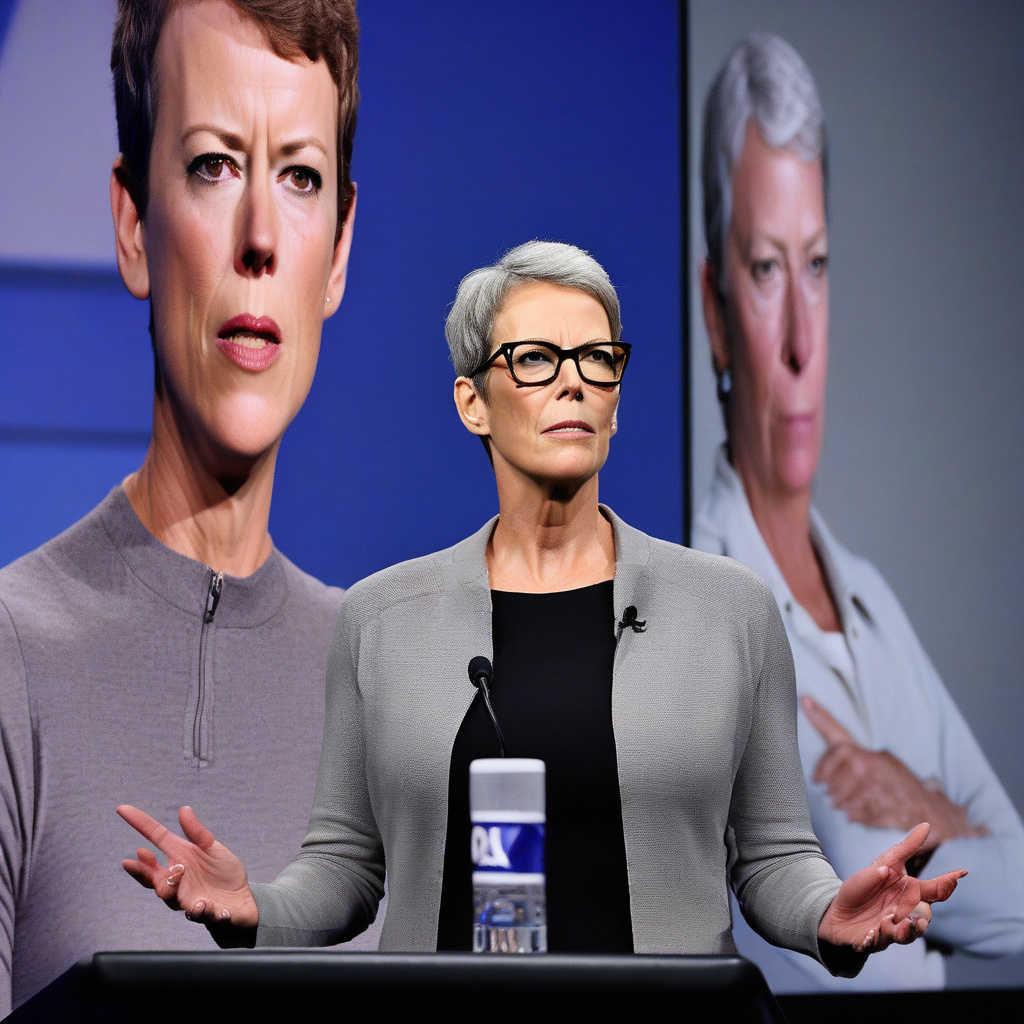Jamie Lee Curtis Calls Out Zuckerberg Over AI Scam Using Her Likeness
In the ever-evolving landscape of social media and technology, the issue of privacy and consent has become a hot topic. Recently, actress Jamie Lee Curtis made headlines when she called out Facebook’s parent company Meta over an AI scam that used her likeness without permission. The incident sheds light on the ethical dilemmas surrounding artificial intelligence and the responsibilities of tech giants to protect individuals’ rights.
Curtis took to her public Facebook page to express her outrage at the unauthorized use of her image in an AI-generated advertisement. The ad, which featured Curtis endorsing a cryptocurrency investment scheme, was clearly a fraudulent attempt to deceive users. By leveraging AI technology to create a fake endorsement, the scammers not only damaged Curtis’s reputation but also put unsuspecting individuals at risk of financial harm.
Within hours of Curtis’s public outcry, Meta took action and removed the offending advertisement. While this swift response is commendable, it raises questions about the efficacy of Meta’s AI moderation tools and the company’s proactive measures to prevent such scams in the future. As AI continues to advance, tech companies must stay vigilant in detecting and preventing misuse of their platforms for fraudulent activities.
This incident serves as a stark reminder of the importance of obtaining explicit consent for using individuals’ images, especially in the age of AI. While AI technology has the potential to revolutionize various industries, its misuse can have damaging consequences for both individuals and society at large. Tech companies like Meta must prioritize user protection and privacy to build trust and ensure the ethical use of AI-powered tools.
Moreover, Curtis’s public stance against the AI scam highlights the power of celebrities and influencers in holding tech companies accountable for unauthorized use of their likeness. By using her platform to raise awareness and demand action, Curtis not only protected her own rights but also sent a strong message to other companies considering similar deceptive tactics.
As we navigate the complex intersection of technology, privacy, and ethics, incidents like the one involving Jamie Lee Curtis and Meta serve as crucial learning opportunities. It is essential for individuals to remain vigilant about how their images and data are being used online and for tech companies to implement robust safeguards against AI scams and fraudulent activities.
In conclusion, Jamie Lee Curtis’s call-out of Zuckerberg over the AI scam using her likeness underscores the need for greater accountability and transparency in the tech industry. By addressing these ethical challenges head-on and taking decisive action against misuse of AI, companies can foster a safer and more trustworthy digital environment for all users.
socialmedia, technology, privacy, ethics, accountability












